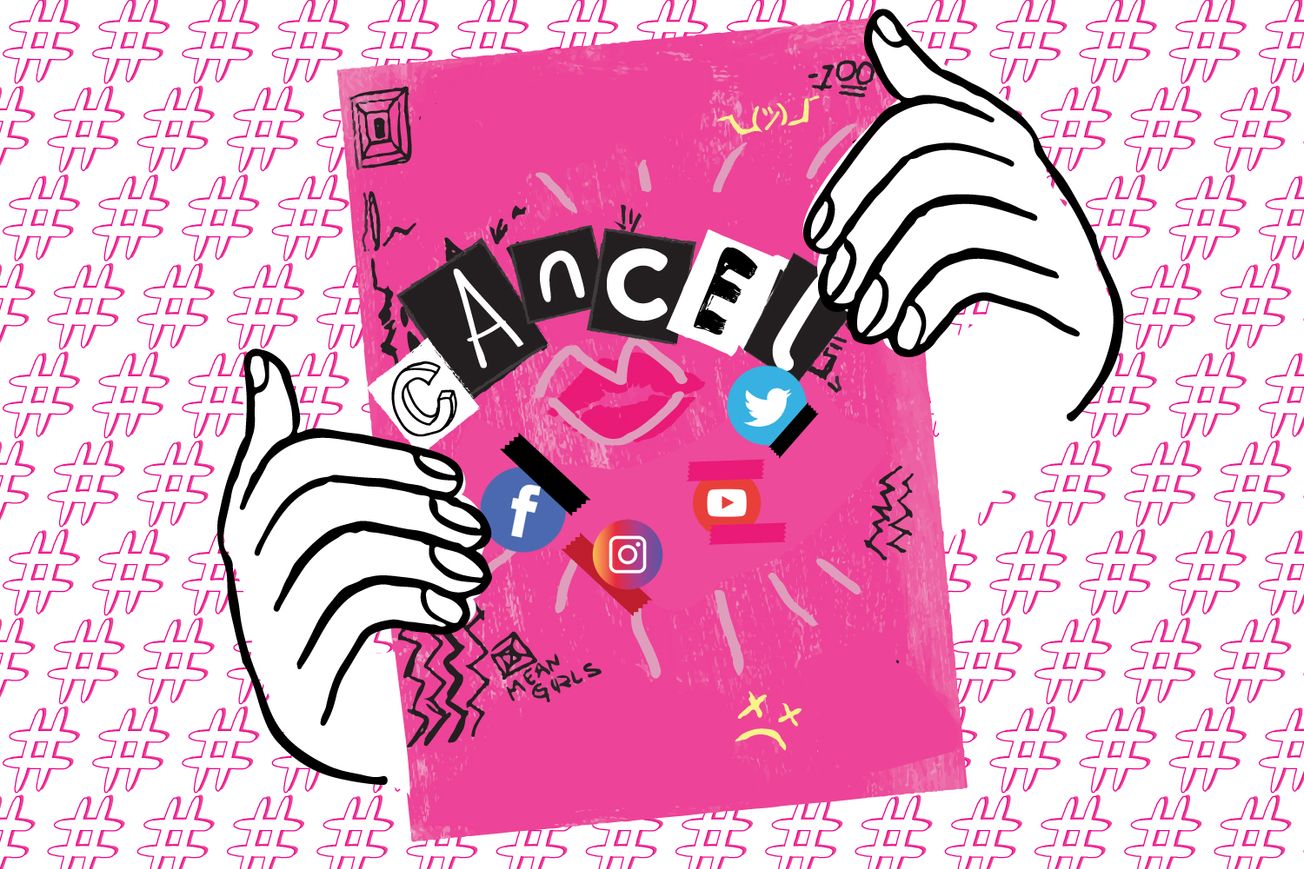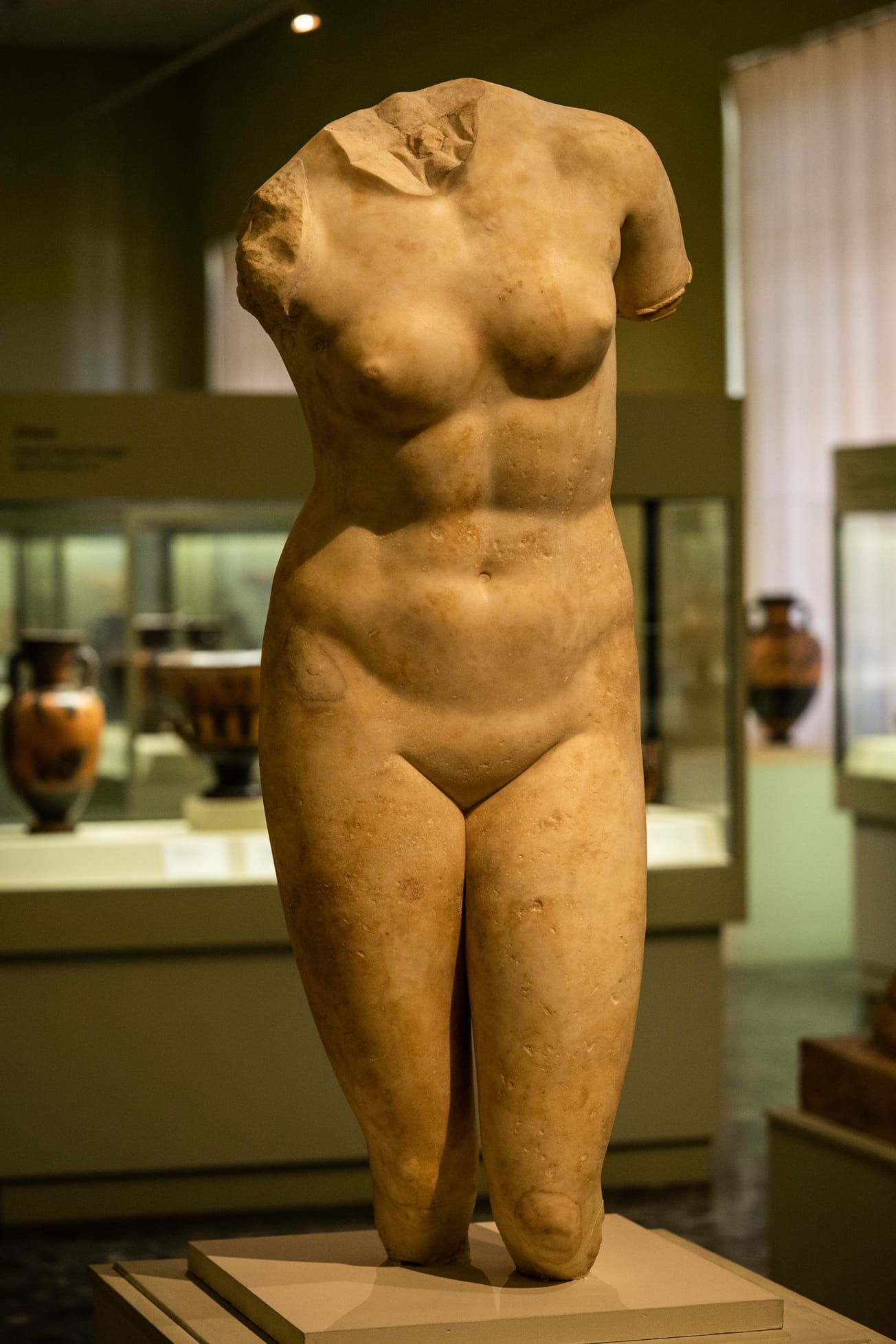By Kirstyn Evans, Third year English
The Croft Magazine // From the high-street straight to your Instagram feed, fast-fashion brands like ASOS, Primark, Missguided and Boohoo are being promoted by celebrities everywhere we look. These brands are perhaps some of the biggest threats to the environment - but 'cancelling' them may also have dire consequences for the poorer classes.
Scrolling through Instagram, it's hard to miss the so-called 'influencers' who are bringing everything from the latest clothes and beauty products to the forefront of social media. There is no doubt that influencer culture is toxic - from photoshopped pictures to endorsing detox teas and diet pills to young fans, most of these individuals are also advertising for or collaborating with fast-fashion brands; but why is it problematic?
When Vice UK posed the question, 'do you ever buy an item and wear it once before chucking it out?' within a recent Snapchat survey, they stated that 'of the 9,549 people asked [...] 23 per cent [...] said yes, while 8 per cent of 11,137 respondents said they buy more than ten items a month from online fast-fashion retailers.'
It is no doubt that this is a direct result of influencer and even celebrity, culture. If you were to Google any person in the public eye, you will be hard-pressed to find images of any of them wearing an outfit twice. This is a standard that is projected onto their following through the brands they endorse. Cardi B is practically a walking advertisement for Fashion Nova, Molly-Mae Hague and many ex-Love Island contestants have collaborated with the likes of ASOS, Pretty Little Thing, Missguided and many more. Social media influencers and celebrities perpetuate the need for materialistic things online every day, and this toxic cycle will harm the consumer significantly more than the sellers and promoters we look up to.
Molly Mae Hague: Pretty Little Thing | Instagram
However, 'cancelling' these brands is not the answer, because saving the environment is, unfortunately a class issue - in the same way, low-income households can rarely go vegan or vegetarian, often it is not financially viable for them to shop sustainably. As I was searching the internet for some examples of sustainable prices, versus the fast-fashion retailer. A pack of three socks will cost you £2.50 from Primark, while it would cost you a whopping £23 on People Tree (a sustainable and fair-trade online retailer).
Style Opinion | Stay away from ASOS. Protect worker's rights. Save lives.
Shaming the average shopper into spending extortionate amounts of money for items as basic as socks is impractical; they should not be expected to shop solely in charity or vintage shops where the correct sizing nor quality is not guaranteed. Ideally, a consumer should purchase items from companies that are sustainable where possible, if it is within their means to do so. Calling-out the average consumer online for shopping more economically is unproductive and entirely ignorant. The changes that are needed to limit a business' contribution to the climate crisis needs to come from the top and influencers who make thousands of pounds endorsing these brands need to realise the impact of their actions.
Featured Image: Day Toscano/The Manor
Find The Croft Magazine inside every copy of Epigram Newspaper









